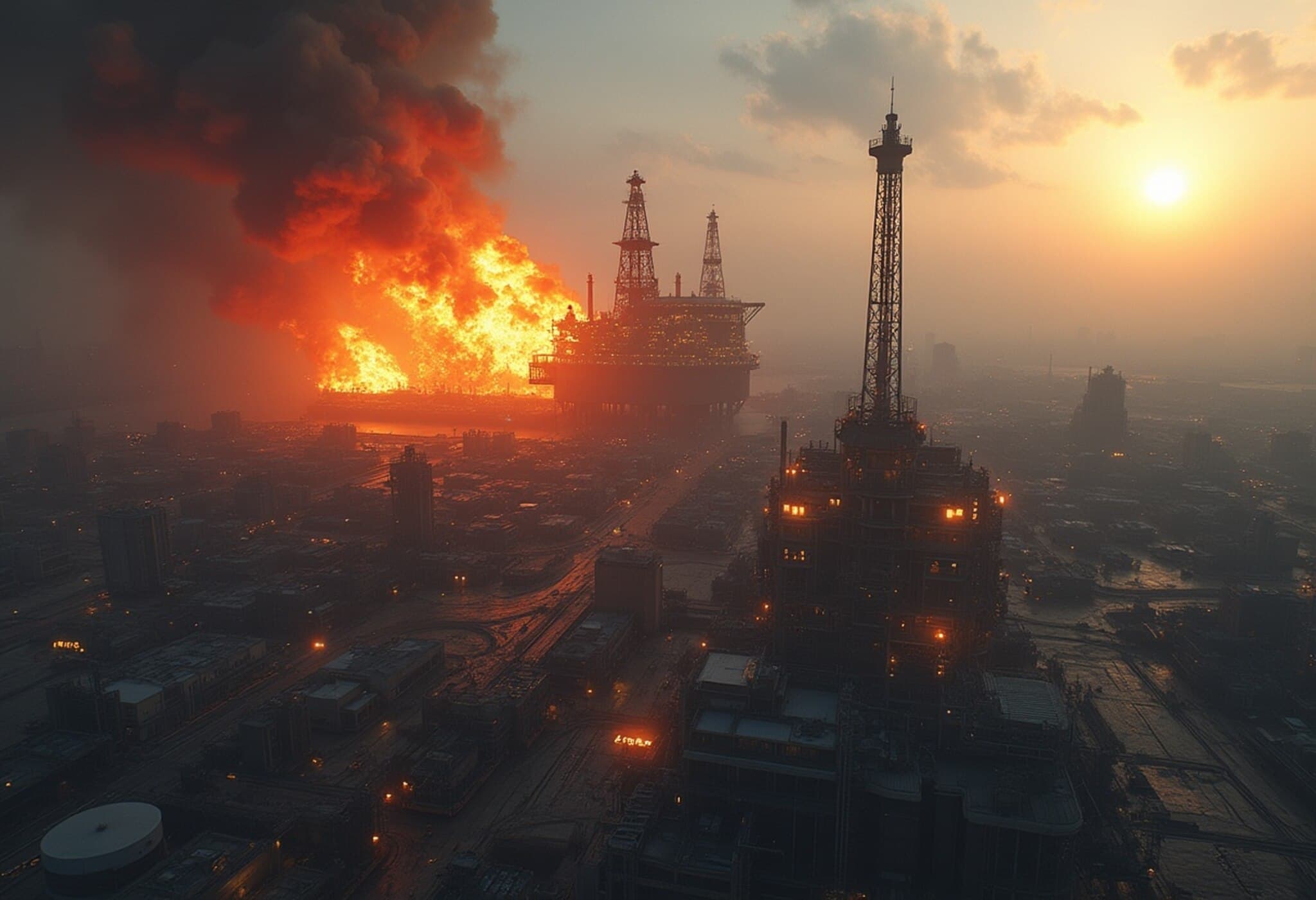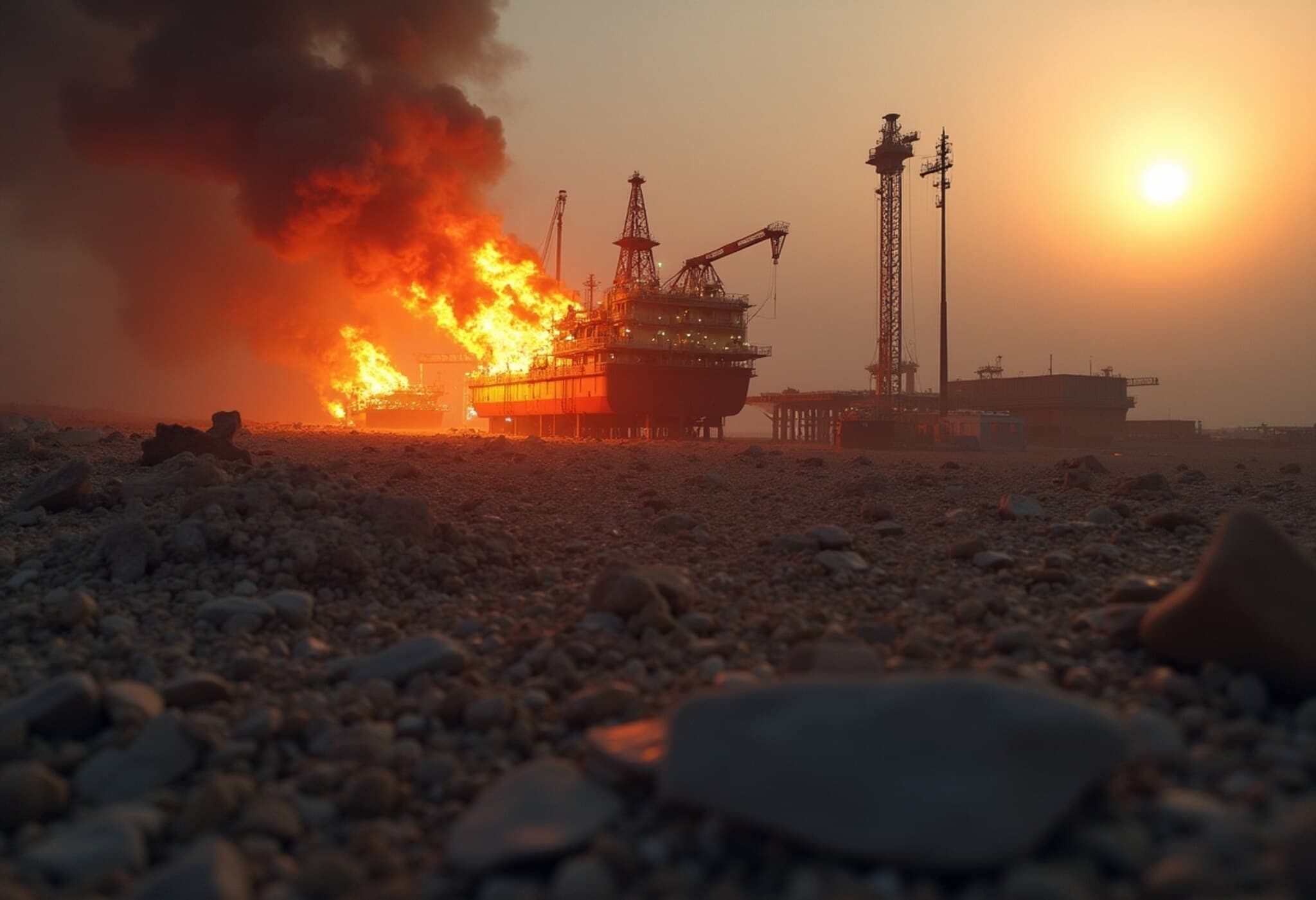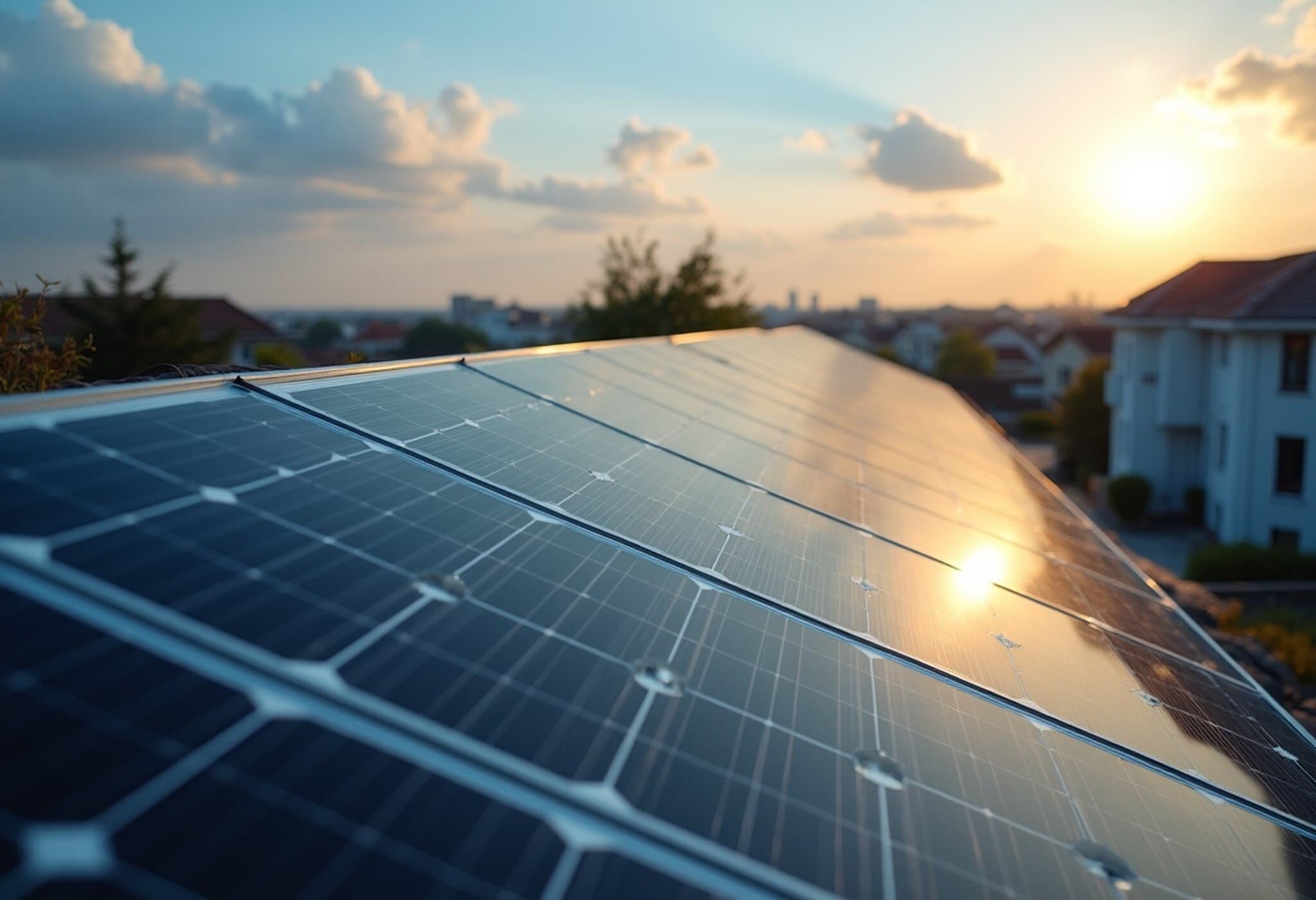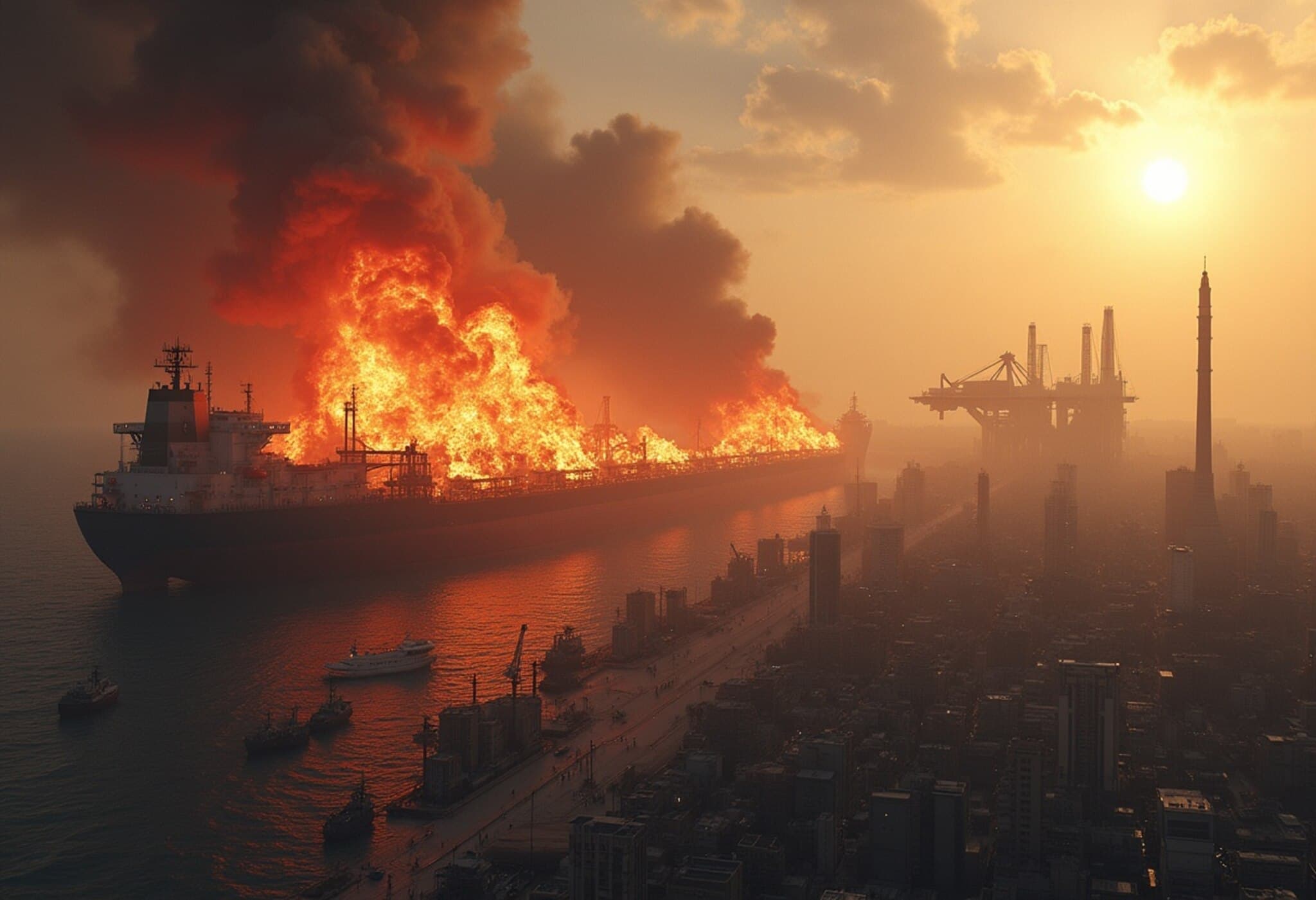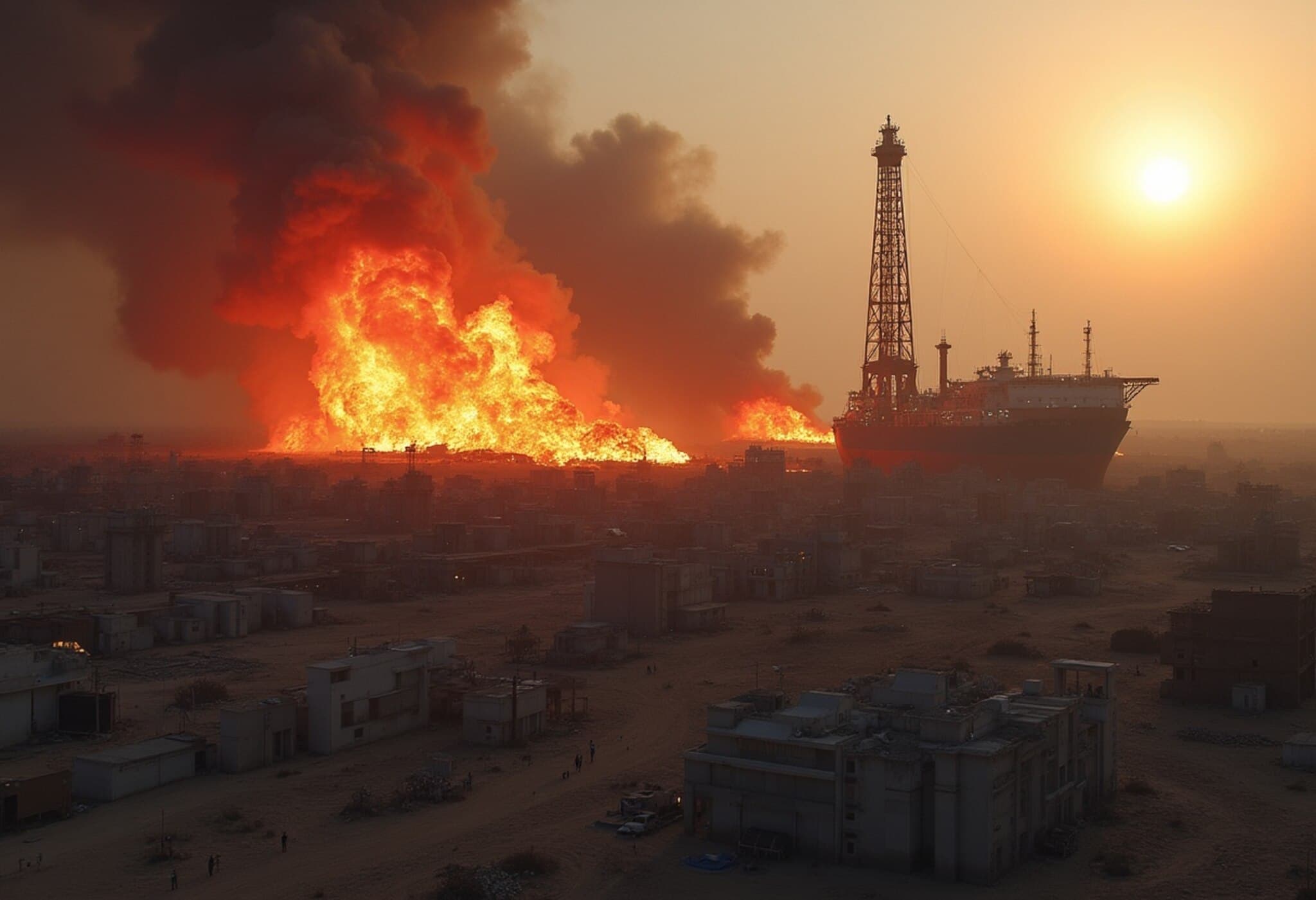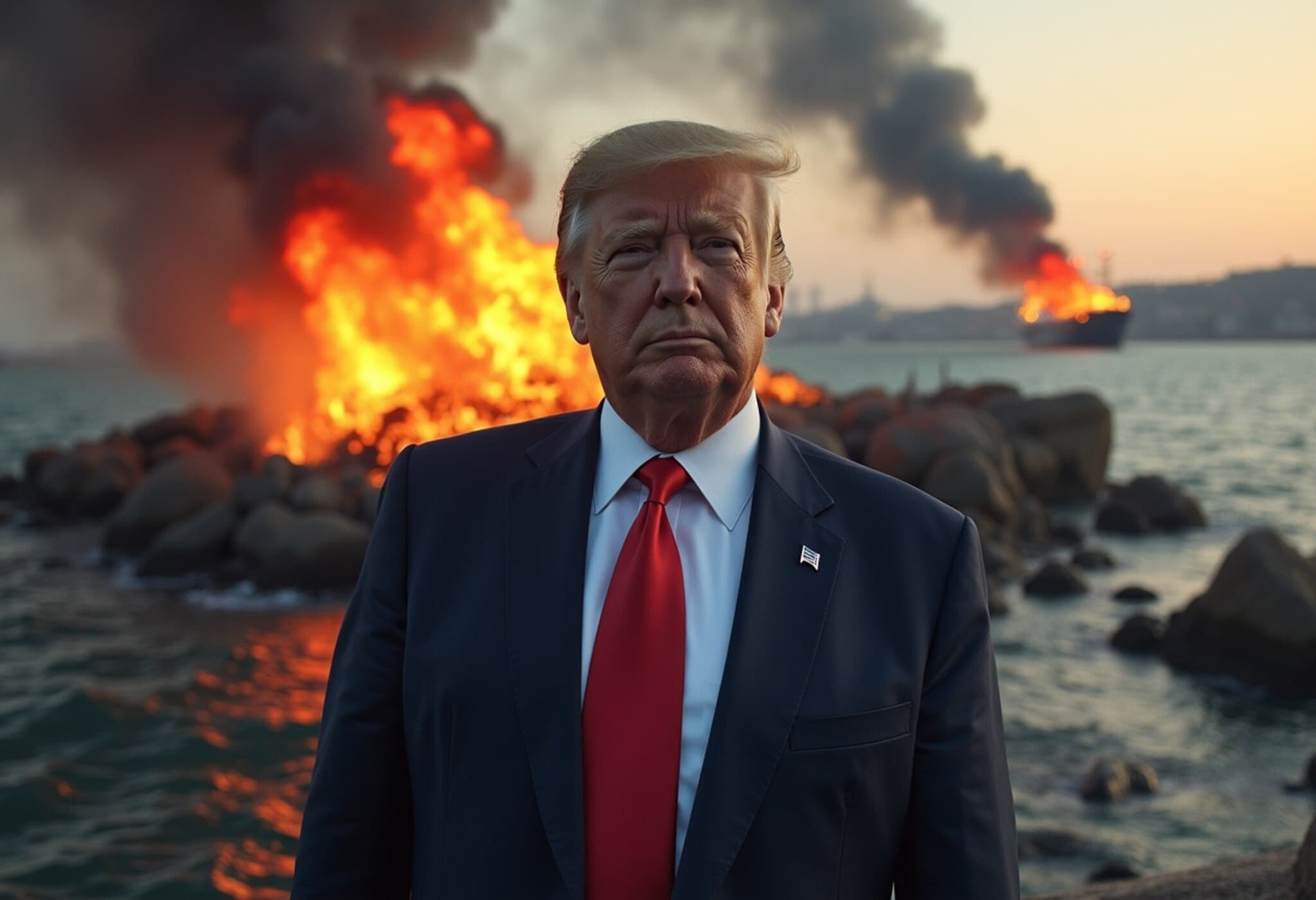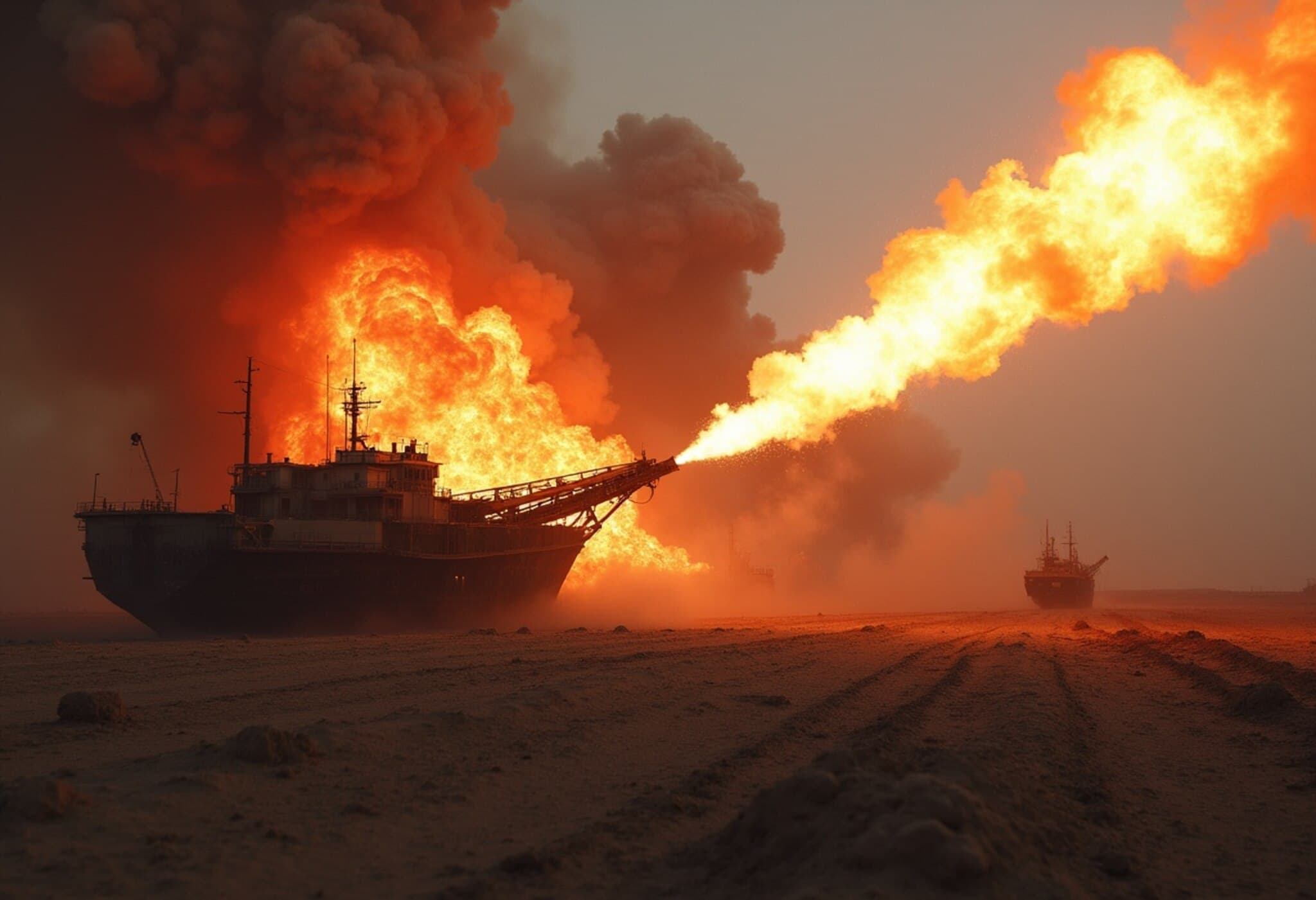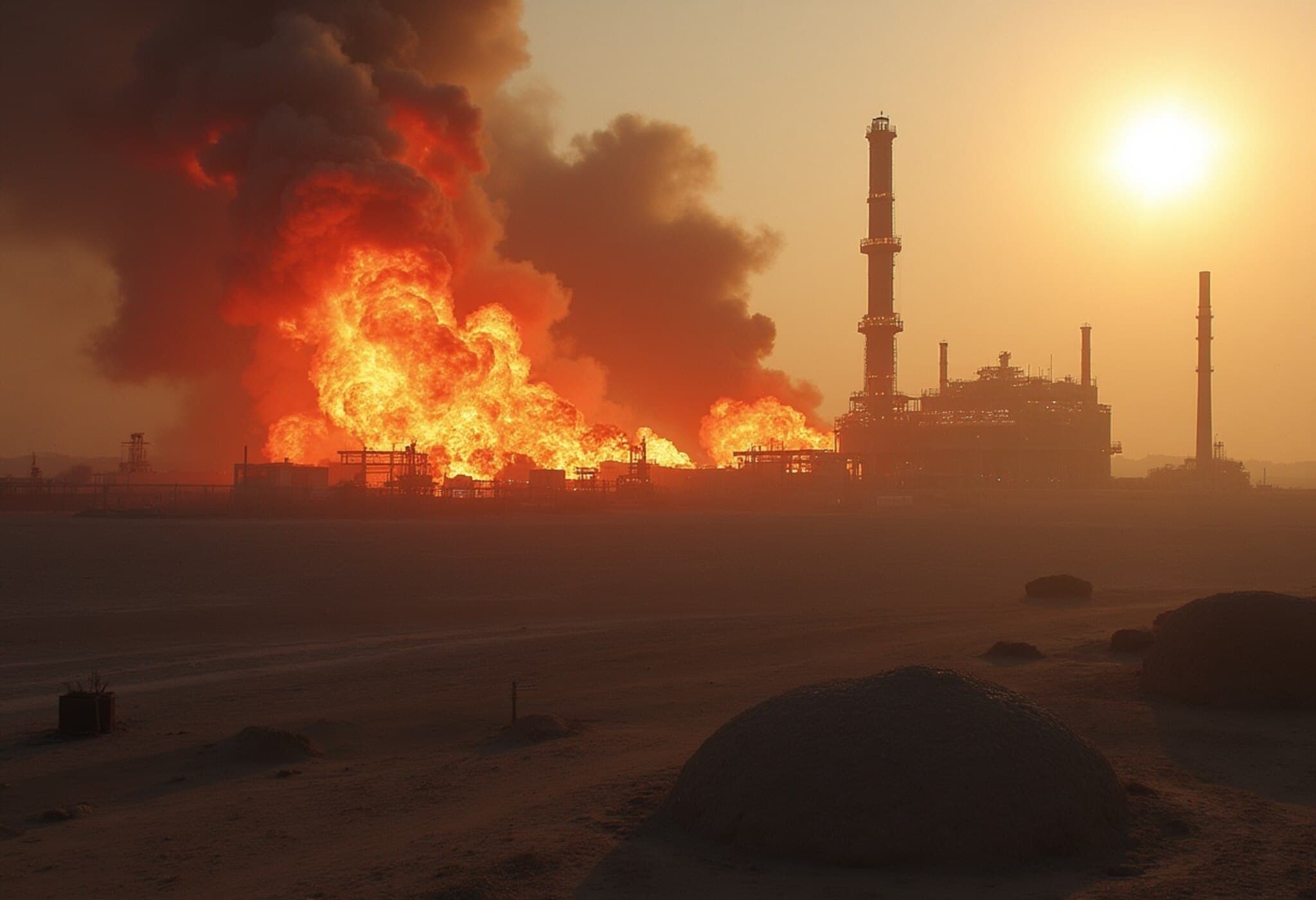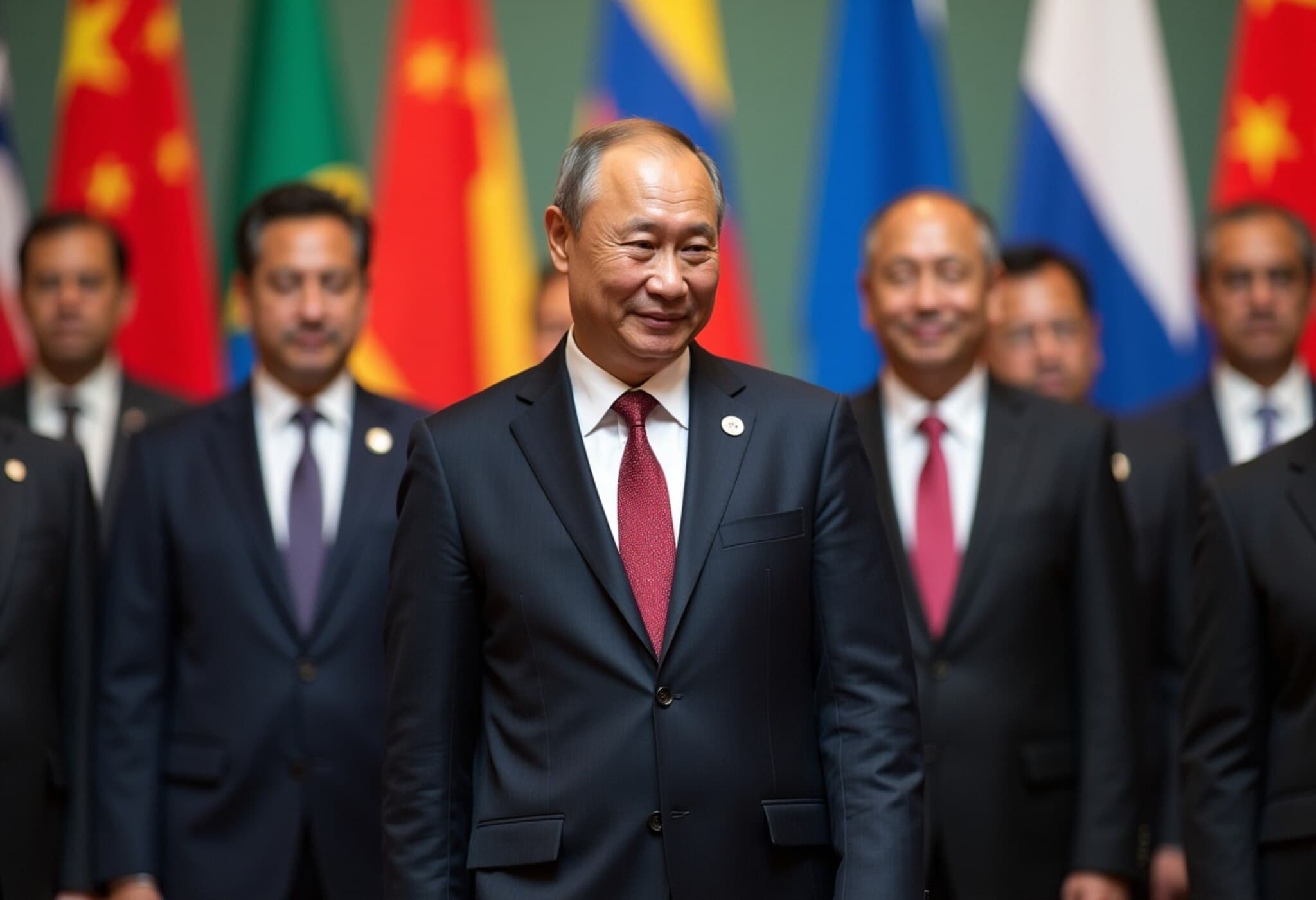Trade Negotiations Heat Up as July 9 Deadline Approaches
This week promises pivotal developments as the July 9 deadline looms for the ongoing trade discussions between the United States and the European Union. This date holds critical weight as it could determine whether tariffs on goods exchanged between the two economic giants will be reinstated or averted.
However, history suggests caution. The unpredictability of political timelines — especially under President Donald Trump’s administration — means deadlines often shift. While a comprehensive trade deal before July 9 seems highly unlikely, European Commission President Ursula von der Leyen has tempered expectations, emphasizing that an agreement in principle remains the attainable goal.
European finance ministers are convening in Brussels on Tuesday and Wednesday, with their discussions anticipated to shed further light on the negotiations’ trajectory. These meetings could provide the much-needed signals to markets and businesses nervously awaiting clarity amid uncertainty.
OPEC Seminar Brings Energy Leaders to Vienna
Meanwhile, attention is equally riveted on the energy sector as the OPEC International Seminar returns to Vienna’s historic Hofburg Palace on Wednesday and Thursday. This annual gathering draws oil producing nations and major energy corporations under one roof to deliberate critical issues such as energy security and future investments.
Gone are the days of frantic media scrums at OPEC’s now-retired headquarters. Today’s seminar offers a more dignified setting where ministers, along with CEOs from global powerhouses like BP and Shell, exchange views. Poised in the spotlight will be BP’s Murray Auchincloss and Shell’s Wael Sawan, as attendees keenly watch for hints regarding possible adjustments to oil production.
OPEC+ Faces Pressures Amid Volatile Oil Prices
Adding another layer to this week’s energy narrative, OPEC+ — the expanded group including non-OPEC producers such as Russia — is slated to meet this weekend. The central question buzzing among traders is whether there will be another production increase amid a turbulent market backdrop.
The interplay between these trade talks and OPEC’s decisions could frame a critical moment for global markets, impacting everything from commodity prices to international economic stability.
Looking Ahead
- Watch for updates from the European finance ministers’ meetings in Brussels midweek.
- Monitor announcements from the OPEC seminar concerning energy strategy and investment plans.
- Prepare for potential shifts stemming from the OPEC+ weekend gathering.
With so much converging this week, market participants and observers are bracing for a dynamic period filled with developments that could reverberate across finance and energy sectors worldwide.



